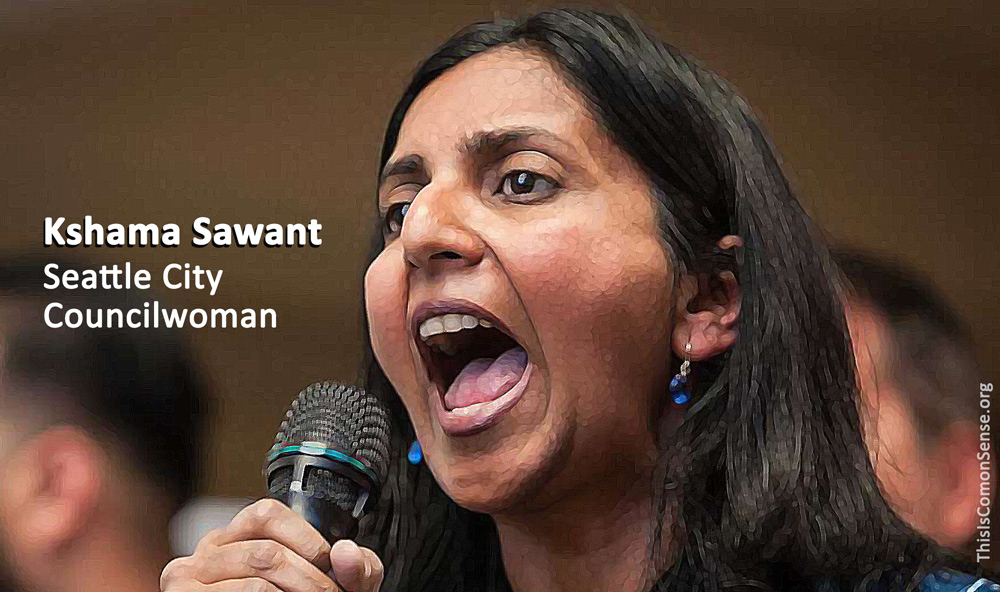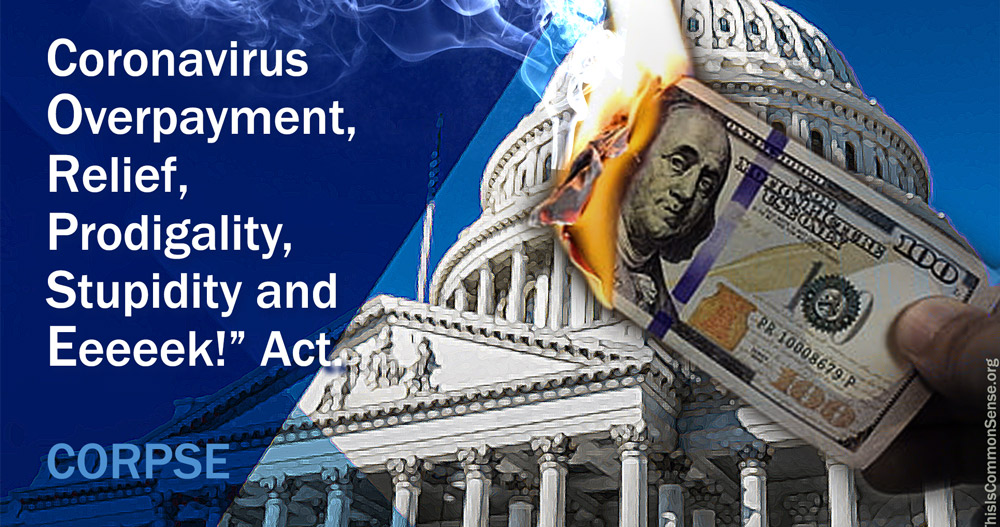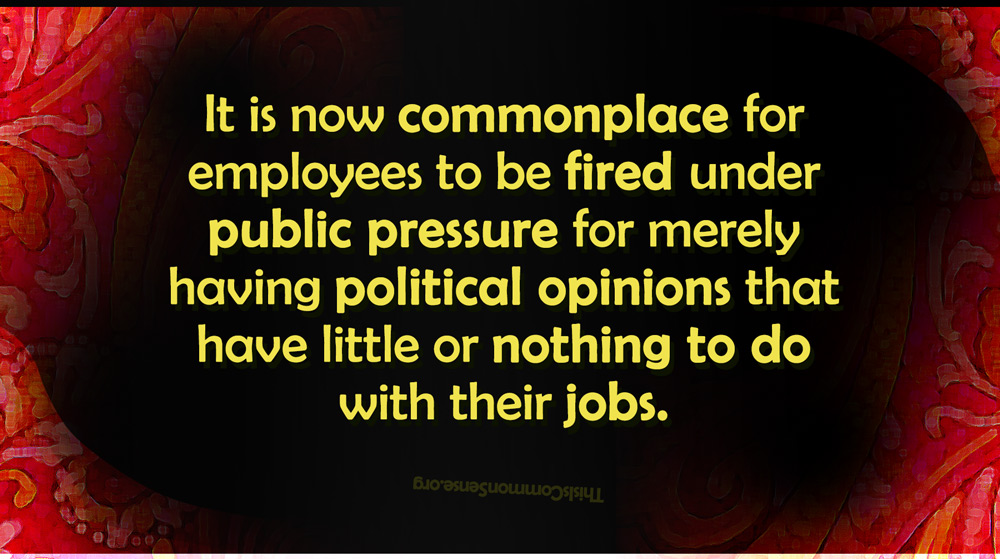Socialists are so “modest”!
But how modest?
Ask Rep. Ilhan Omar, who recently proclaimed to be “fighting to tear down systems of oppression that exist in housing, in education, in health care, in employment, in the air we breathe.”
Gasp?
Well, maybe that isn’t so clear. So listen to Seattle City Councilwoman Kshama Sawant.
“I have a message for Jeff Bezos and his class,” Sawant warned. “If you attempt again to overturn the Amazon Tax, working people will go all out in the thousands to beat you. And we will not stop there.”
Does that sound like a threat? Or is it really just a harmless expression of politics-as-usual?
“You see, we are fighting for far more than this tax,” the self-proclaimed socialist elaborated. “We are preparing the ground for a different kind of society, and if you, Jeff Bezos, want to drive that process forward by lashing out against us in our modest demands, then so be it. Because we are coming for you and your rotten system. We are coming to dismantle this deeply oppressive, racist, sexist, violent, utterly bankrupt system of capitalism. This police state. We cannot and will not stop until we overthrow it, and replace it with a world based, instead, on solidarity, genuine democracy, and equality: a socialist world. Thank you.”
And thank you, Ms. Sawant, for making yourself ultra-understandable.
You want to destroy private property and free markets and robust political debate and replace them with … well, let’s just say that if you complain about a police state now, wait’ll you get a load of what follows from your “modest” demands.
This is Common Sense. I’m Paul Jacob.
—
See all recent commentary
(simplified and organized)





